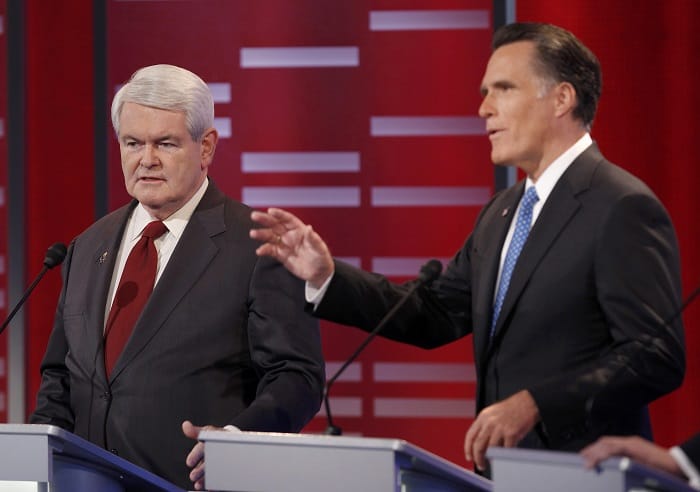Conventional Wisdom and American Elections essay
The Electoral College, established by the US Constitution (Article II, Section1), consists of a group of 538 electors who participate in presidential elections. The Electoral College works in the following way: each state should have the same number of electors and the members of the US Congress. There are 538 votes totally. The candidate, who is able to win the majority of votes, will become the president. Electoral College votes play an important role in the strategy of electoral campaign. It is not required to win the popular vote in each of 50 states in order to win the presidential elections because a candidate for the presidency can win elections by winning the majority of votes in 11 states, which “have the largest number of electoral college votes” (Baumgartner & Francia, 2008, p. 167).
Some of the main pros and cons in the debate about whether to keep or abolish the current Electoral College process can be explained by different approaches to winning the presidency. The opponents state that Electoral College is undemocratic in its nature because there are some flaws in this institution. According to Longley, these flaws include “the faithless elector, the winner-take-all system, the constant two electoral votes, the uncertainty of the winner wining, and the contingency procedure” (qtd. in Rose, 1994, p. 199).
One proposal to change how the system works without formally abolishing it can be explained by changes in the winner’s victory, which should not be exaggerated. Electoral College could work through direct vote. In this case it should not be abolished. Many supporters state that the Electoral College guarantees a popular vote election that can provide “one person-one vote” election. The Electoral College’s underlying rationale has direct relation to contemporary America. This institution has worked effectively and should not be modified as it protects the smaller states. I consider that Electoral College has a strong impact on presidential leadership capacity. Without this institution, a candidate to the presidency could run solely in the densely populated states and win the victory in the elections, completely ignoring the opinion of the less populated rural states.
Do you like this essay?
Our writers can write a paper like this for you!



